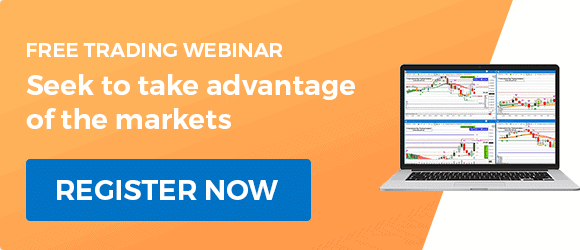Futures vs Forex Trading
Forex is a popular form of trading, and it does have its advantages. However there are some key benefits of trading Futures vs Forex. The most notable problem with trading Forex is that there are fewer regulations to ensure that individuals have a level playing field
Forex markets aren’t as regulated as the Futures markets and can be manipulated. This means that there is a higher level of security for Futures traders given the market regulation. Below are some of the larger benefits of trading Futures vs Forex.
Benefits of trading currency Futures vs Forex
Despite common misconceptions, trading in currencies is actually possible without using the Forex markets. For all the following reasons we feel that it makes sense to trade currencies via Futures contracts than to do so via the Forex markets.
Fixed pricing
There is no fixed pricing for Forex trading, with costs often varying for each trade. There is also not a “true price” when it comes to what your broker reports to you. The broker who provides access to the exchange and the ability to execute trades has a hold over Forex traders. Brokers are able to provide their own price called the spread.
Here, the difference between Futures and Forex trading is that Futures traders are able to receive their data directly from the exchange itself. This happens without the need for a middleman, meaning Futures traders are always able to trade the true price. This is, of course, highly beneficial.
There are also other unknown fees in Forex that do not occur in Futures trading, such as carrying costs and interest rate charges.
Futures traders know exactly what the transaction costs of a trade are at the time of placing a trade, ensuring there are no nasty surprises.
Highly regulated
Unlike Futures trading, Forex is not traded via a centralised exchange. This means there is a need for a middle man in place between the trader and exchange, handling orders. Transparency is reliant on the broker who is facilitating the execution of trades. Brokers actually have the capability to trade against you if they so choose. It is completely legal for a broker to not place your trade onto the market, but to ‘take the other side’.
Transparent and fair
The Futures markets are centralised and cleared directly via the exchange. This means that all information is available to anyone to see, in real time. All information is completely transparent and true, unlike with Forex. The deregulated market of Forex means that a trader may not have any control over how their trade order becomes fulfilled, and cannot ensure they secure the best price.
Both institutional traders and small individual traders are equal in the Futures markets. The Futures market operates according to the FIFO rule – First in, first out. This creates a level playing field that is not existent in Forex trading.
Accurate volume
Volume is a large factor in decision making for many traders. Volume can help confirm potential trades. For example, if there is a lot of volume pushing price up, that means there is support and can indicate a strong move.
Forex is not centralised or as regulated as Futures, creating an issue when attempting to measure volume. Because that data is coming from various sources it is not as reliable as the information coming from the Futures markets.
Every Futures trader is able to see the same information coming from the exchange and thus has a big advantage in this regard in comparison to Forex traders.
Many markets available to trade
The Futures markets are broad and there is a lot of choice when it comes to choosing what to trade. Futures traders have access to Indices such as S&P500, NASDAQ, Gold and Oil, and much more. A Forex trader is completely limited to the currency markets and offers little diversity.
A level playing field
The Futures markets are highly regulated and don’t lend themselves to manipulation. For example, there isn’t the possibility of an insider trader fluctuating price based on inside information.
Trading Futures vs Forex: The Bottom Line
Although Forex markets are one of the most traded globally there are many benefits to choosing Futures as an alternative. If you want to learn more about trading Futures and why we choose to trade them over any other form of trading, join us for our next FREE online trade classes.
Want to learn more? Join our top coaches and mentors and choose among one of our best futures trading courses to get started. IDTA supports traders with all levels of experience – from beginners to experts.

